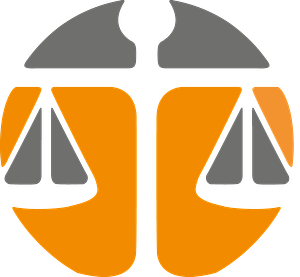Our Constitution
Our Constitution
-
Membership Fees for 2026 and Invitation to Join
Members of the Commission on Legal Pluralism are kindly reminded that membership fees for the 2026 calendar year are now due. We kindly invite you to settle your 2026 membership fee by 28 February 2026. Timely payment ensures the continued functioning of the Commission and supports its scholarly activities, including conferences, publications, and international networking.
Read more
-
Call for Establishing a Legal Pluralism Lab
— Reetta Toivanen —Under the umbrella of the Commission on Legal Pluralism (CLP), we aim to establish an online forum for debate and exchange among scholars and practitioners interested in legal pluralism.
The inaugural meeting will take place on:
Wednesday, 24 September 2025
8:30 a.m. (Berlin) | 4:30 p.m. (Canberra) | 3:30 a.m. (Rio de Janeiro) | 2:30 a.m. (Montreal) | 2:30 p.m. (Taipei) | 12 p.m./noon (Delhi)Click here to read more and contact information
-
New Publications on Legal Pluralism 2
— Christa Rautenbach —The list includes recent academic publications (2025) exploring various dimensions of legal pluralism. They reflect a diversity of regional contexts, thematic perspectives, and methodological approaches. To facilitate navigation, the entries are grouped by geographic or thematic relevance.
Click here for more details.
-
Remembering Bellagio: The beginning of the Commision on Legal Pluralism
— Anne Griffiths —This article, "Remembering Bellagio", by Fons Strijbosch, makes an important contribution to people’s understanding of the history of the Commission on Legal Pluralism.
-
Call for Contributions: Special Issue Honoring Keebet von Benda-Beckmann (1946–2022)
The Indonesian Journal of Socio-Legal Studies invites submissions for a special issue dedicated to the memory of Keebet von Benda-Beckmann (1946–2022), in recognition of her pioneering contributions to the anthropology of law. Click here for more information..




